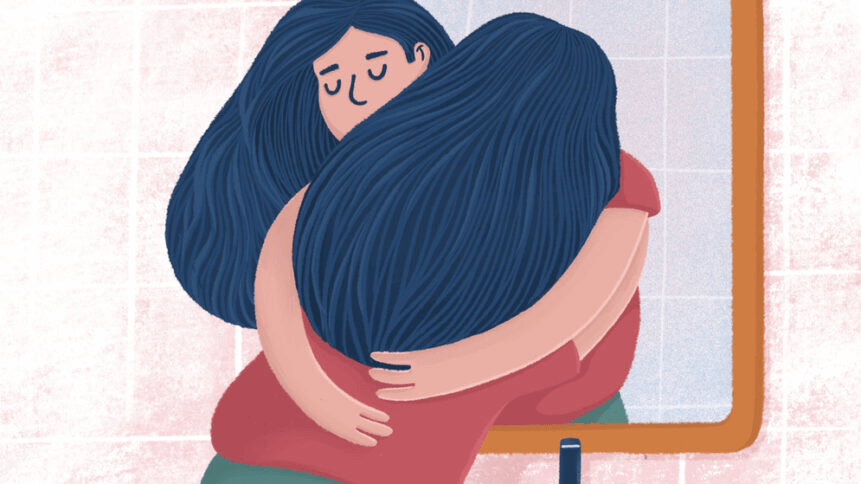How to Talk to Children About Pregnancy Loss

Introduction
Pregnancy loss is a deeply emotional experience for families, and children often feel the ripple effects of this grief. While parents may want to shield their children from pain, having open and honest conversations about pregnancy loss is essential for helping them process their feelings. In this article, we explore age-appropriate ways to talk to children about pregnancy loss, address their questions, and provide the emotional support they need to heal.
Understanding Children’s Perception of Loss
Age-Appropriate Understanding
Children’s comprehension of pregnancy loss depends on their age and developmental stage:
- Toddlers (1–3 years): Limited understanding; they notice changes in parental emotions and routines.
- Young Children (4–7 years): They may grasp the concept of death but struggle with its permanence.
- Older Children (8–12 years): Understand death more fully and may have complex emotional reactions.
- Teens (13+ years): Process the loss similarly to adults but may hide their feelings to appear strong.
When and How to Start the Conversation
Timing
- Choose a calm, private moment when emotions are manageable.
- Avoid delaying too long, as children may sense something is wrong.
Setting
- Speak in a safe, familiar environment where the child feels comfortable.
Using Age-Appropriate Language
Explaining to Toddlers
- Use simple, direct phrases like:
- “The baby couldn’t grow and had to go away.”
Talking to Young Children
- Be honest yet gentle:
- “The baby was too small to live outside mommy’s tummy.”
Discussing With Teens
- Use clear, compassionate language:
- “Sometimes things happen that we can’t control. This doesn’t mean we won’t try again or that it’s anyone’s fault.”
Answering Difficult Questions
Children may ask challenging questions about the pregnancy loss. Here’s how to respond:
- “Why did the baby die?”
- “The baby wasn’t healthy enough to survive. It wasn’t anyone’s fault.”
- “Is it my fault?”
- Reassure them: “No, this was not your fault. Nothing you did caused this.”
- “Will it happen again?”
- Be honest but hopeful: “Most of the time, this doesn’t happen again. We’re doing everything we can to make sure mommy stays healthy.”
For tips on early pregnancy care, consider this First-Trimester Survival Guide.
Reassuring Children About Their Feelings
- Validate Their Emotions: Let them know it’s okay to feel sad, confused, or even angry.
- Provide Comfort: Offer hugs, comforting words, and reassurance of your love.
Creating Rituals to Honor the Loss
- Memory Boxes: Collect ultrasound images, a baby blanket, or other keepsakes.
- Family Ceremonies: Hold a small gathering to honor the baby.
- Symbolic Gestures: Plant a tree or release balloons as a way to remember.
How to Handle a Child’s Grief
Signs of Grief in Children
- Withdrawal, irritability, or clinginess.
- Trouble sleeping or changes in appetite.
Supportive Actions
- Spend quality time together.
- Encourage them to express their feelings through drawing, writing, or talking.
Encouraging Open Communication
- Create a Safe Space: Let them know it’s okay to ask questions or share their feelings anytime.
- Be Honest Yet Gentle: Provide age-appropriate answers and avoid unnecessary details.
Supporting Siblings After Pregnancy Loss
- Explain the Loss: Use language that aligns with their developmental level.
- Address Fears: Reassure them that their parents are okay and that they are loved.
- Involve Them in Healing: Let them participate in family rituals or memory-making activities.
How Culture and Beliefs Influence the Conversation
Cultural and religious beliefs often shape how families talk about loss. Tailor your explanations to reflect your family’s values, offering children a sense of connection and understanding.
Navigating Future Pregnancies With Children
If you’re considering trying again, children may have concerns:
- Addressing Fears: Reassure them that future pregnancies will be monitored closely.
- Involving Them: Keep them informed about the new pregnancy in an age-appropriate way.
For guidance on managing food aversions and other pregnancy-related symptoms, check out this article on food aversions.
FAQs About Talking to Children About Pregnancy Loss
1. Should I tell my child about the miscarriage?
Yes, honesty builds trust and helps children process emotions.
2. How do I explain pregnancy loss to a young child?
Use simple, clear language, such as: “The baby wasn’t healthy and couldn’t stay.”
3. What if my child doesn’t seem sad?
Children process grief differently. Be patient and supportive if emotions arise later.
4. How can I help my child cope with the loss?
Offer comfort, encourage open communication, and consider professional support if needed.
5. Should I involve my child in rituals to honor the loss?
Yes, involving them can provide closure and help them feel connected to the healing process.
Conclusion
Talking to children about pregnancy loss is a delicate but necessary step in helping them understand and cope with grief. By using age-appropriate language, addressing their concerns, and providing emotional support, families can navigate this challenging experience together. Remember, open communication and shared rituals can bring comfort and healing to everyone involved.






